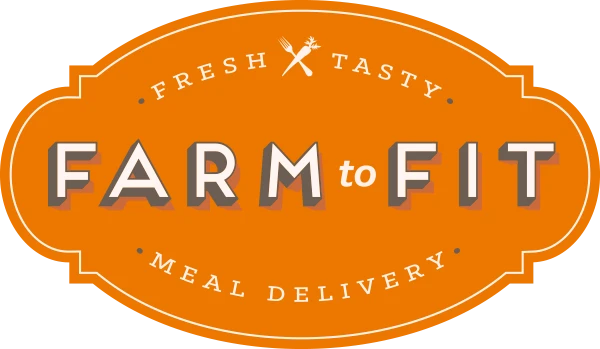Top 5 Foods for Memory Health
Posted on
Worsening memory is a natural part of getting older, but it's also an unpleasant one. Nobody wants to feel like they're forgetting the important things (or, for that matter, the not-so-important things, either). One way to work on improving your memory is to take diet into consideration. Certain foods have been shown to have a positive impact on brain health and memory in particular. Here, we've broken down the top five foods for improving memory.

1. Berries
Flavonoids, the natural planet chemicals that give berries like blueberries and raspberries their beautiful color, have been shown to improve memory. One study found that women who ate two or more servings of strawberries and blueberries each week delayed memory decline by two and a half years. Berries are also rich in antioxidants. Blueberries, in particular, contain antioxidants that have been found to accumulate in the brain and improve communication between brain cells. Blueberries have also been found to directly improve memory. Snack on that!

2. Fatty Fish
We're talking salmon, tuna, albacore trout, cod, herring, and sardines. These types of fish are rich in omega-3 fatty acids, which have been proven again and again to help with memory. The brain uses omega-3's to build brain and nerve cells, which are essential for learning and memory. Additionally, omega-3's have been linked to lower blood levels of beta-amyloid, which is the protein that forms problematic clumps in the brains of people with Alzheimer's disease. Eating fatty fish a couple times a week, provided it's a kind that's low in mercury such as salmon or canned tuna, will greatly enhance your chances of a strong memory into your golden years.

3. Leafy Greens
Dark, leafy greens such as kale, spinach, collard greens, broccoli and cabbage, are rich in vitamin K, which has been shown to improve memory in older adults. Broccoli especially is very high in vitamin K: a one cup (160 gram) serving of broccoli provides more than 100 percent of the Recommended Daily Intake—that's definitely something to chew on. Leafy greens are also packed with antioxidants, iron, beta carotene, and folate, which are all nutrients considered to be good for brain health. The verdict? Bring on the kale salad.

4. Dark Chocolate
Like berries, dark chocolate has antioxidant flavonoids that have been linked to brain health. Research has shown that chocolate rich in flavonoids can improve the working memory performance of healthy individuals dealing with the effects of sleep deprivation. Another study showed that the flavonoids in dark chocolate may encourage neuron and blood vessel growth in parts of the brain involved in memory and learning, as well as stimulate blood flow in the brain. Finally, a study done on snails (you read that correctly) found that the flavonoids in chocolate were shown to reverse memory problems in the snail subjects. Further research has yet to be done on humans, but we say it's still good enough reason to reach for a bar of dark chocolate when you're craving something sweet.

5. Pumpkin Seeds
Nuts and seeds in general are a good choice for brain-healthy eating because they are rich in antioxidants and omega-3 fatty acids. However, pumpkin seeds in particular pack a punch when it comes to memory—they are rich in magnesium, zinc, iron, and copper. Zinc and copper deficiencies are tied to Alzheimer's disease, while magnesium is an essential ingredient for learning and for memory. So this autumn when you're carving your halloween pumpkin, be sure to save the seeds for a brain boosting snack!
